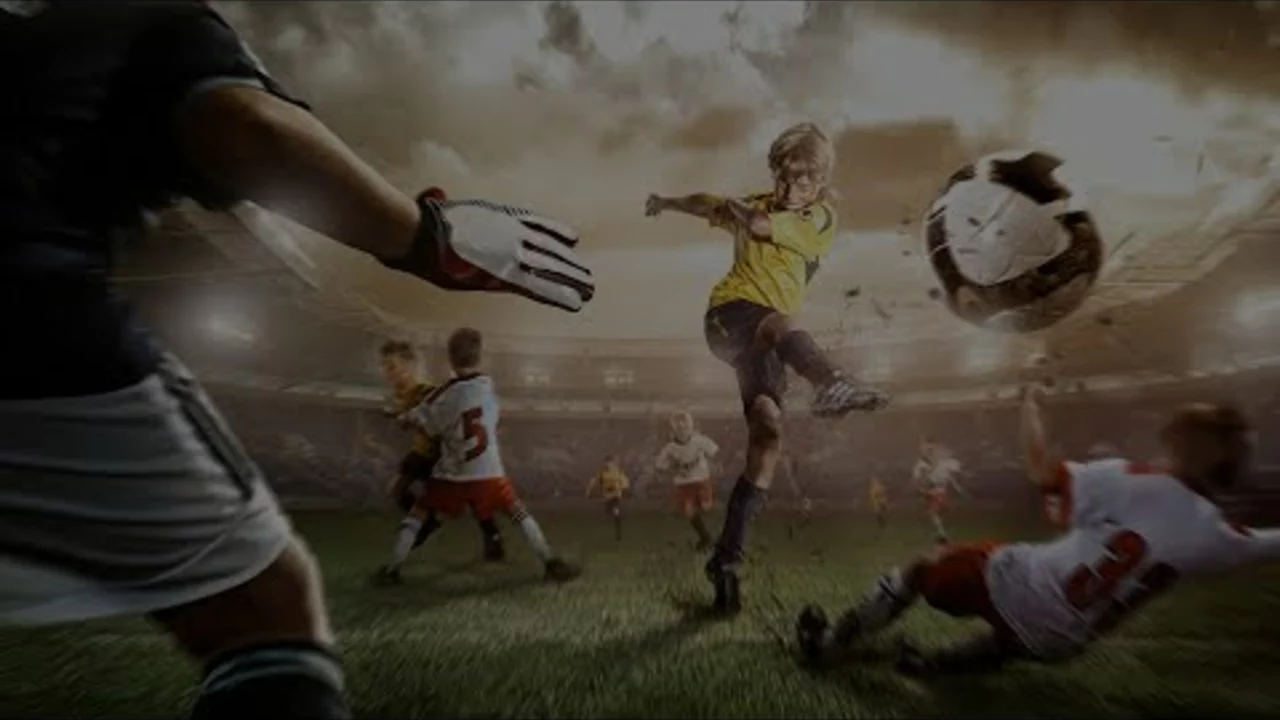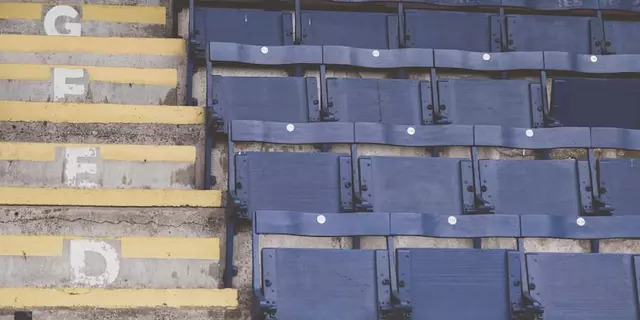31
Have soccer teams ever agreed to play for a draw?

Unraveling the Mystery: The Secret Accord in Soccer?
Ever watched a soccer match and felt like something was unusually quiet? It wasn’t the lack of ball-to-net action, nor the serene faces of my pet Baxter who seems as engrossed in the game as I am. It was more like an electric undercurrent, a tacit agreement that seemed to hover over the players. And it made me wonder, have soccer teams ever agreed to play for a draw?
Now, as a bona fide soccer enthusiast living in sunny Perth, Australia, I have come across soccer matches that were interesting and some that were downright baffling. Some were so heart-stoppingly thrilling that even Baxter lifted his sleepy head to glance at the telly! And yet, there were a handful where the players didn't seem hell-bent on scoring but were focused on mere passing around. It's a puzzle indeed, but has been a part of soccer history for a long time.
The Unsaid Understanding: Teams Working for a Mutual Draw
So, let us delve into the murky realities of soccer where mutual consent between teams to play for a draw might just be achievable. It isn’t commonly admitted, of course. Teams vehemently deny any such agreements. Yet, there have been instances which trigger murmurs—talks about secret pacts and silent agreements. Let's flash back to the infamous "Disgrace of Gijón" at the 1982 World Cup, where West Germany and Austria may have mutually agreed to play for a result that allowed both to progress in the tournament. The truth, however, remains concealed behind an obedient nod and a hushed whisper.
Rules of Fair Play: FIFA's Attempt to Rudolph-out the Red Nosed Mystery
Now, you might be wondering, is it even legal to agree on a draw? Technically, planning for a draw is not an infringement of any rules. And that's where soccer’s governing bodies step in. In order to elude such unsporting behavior, FIFA, at the 1986 World Cup, introduced a rule that the final two matches in each group would kick off simultaneously. While the rule doesn't directly resolve the issue, it does make it harder for teams to orchestrate a mutually beneficial draw.
Survival of the Wittiest: The Strategy Rubik’s Cube
Understanding the strategy of playing for a draw can be as daunting as solving a Rubik's cube blindfolded. Who benefits from it? Is it the weaker team that avoids defeat, or the stronger team conserving energy for the next match? Interestingly, it could be both. In soccer, the game doesn’t always favor the bold. Sometimes, it favors the clever who is aware of the bigger picture.
For instance, there was one particularly perplexing game during the Euro 2004 tournament between Sweden and Denmark. The tie between these two teams allowed them to proceed to the quarterfinals, consequently eliminating Italy in the process. Naturally, the Italians cried foul but, to this day, no concrete evidence of any agreement exists. Sometimes it's not about matching force with force, but matching wits with wits.
The Gray Elephant in the Room: The Ethics Dilemma
While discussing the dynamics of soccer and the possibility of pre-arranged draws, it's impossible not to delve into the tightrope walk of ethics. The questions are indeed perplexing. Is it right for teams to strategize a draw for mutual benefits, or does it shake the very bedrock of fair play? Is it unforgivable cunningness or commendable strategic play? As they say, every coin has two sides, and this one is no different.
From Down Under, A Few Pint-Sized More to Ponder!
Now, after a good deal of pondering and petting Baxter for his paw-some company, I've come to the conclusion that this enigma is as clear as a pristine Perth lake and as murky as a gallant Guinness. It's up to us as fans to decide where our loyalties lie—is it with the unwavering spirit of the game, or with the understanding that sport is also strategy and sometimes, it's okay to play further than the finish line in sight.
So, while we might never have a clear-cut answer, soccer, like life, continues in all its unpredictability. The next time you watch a game, keep a keen eye on the ostensibly unremarkable passing, the softer shots. Remember that soccer isn't always about the goal. Sometimes, it's about the journey towards it.




